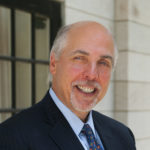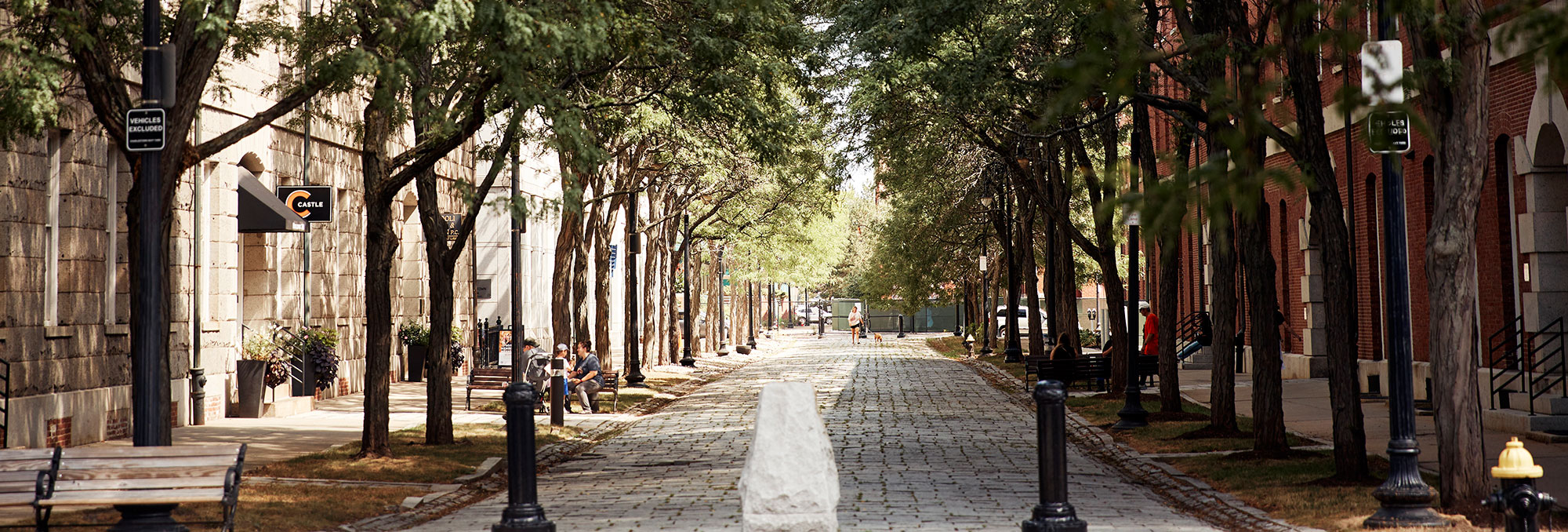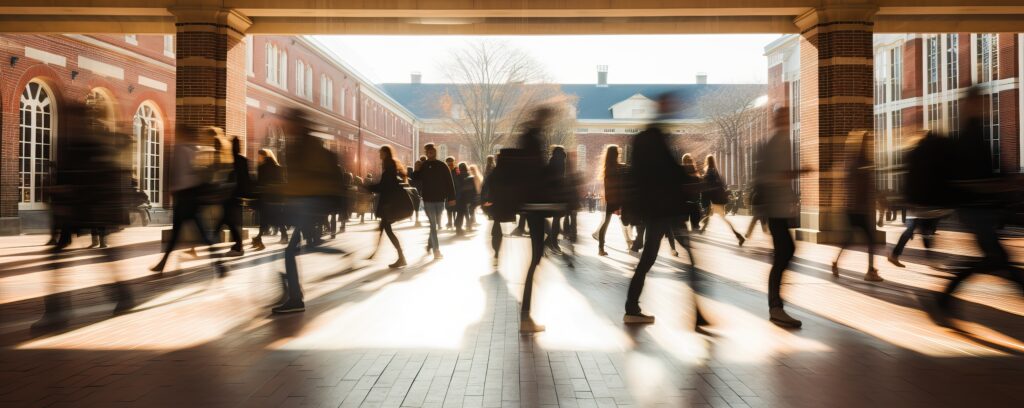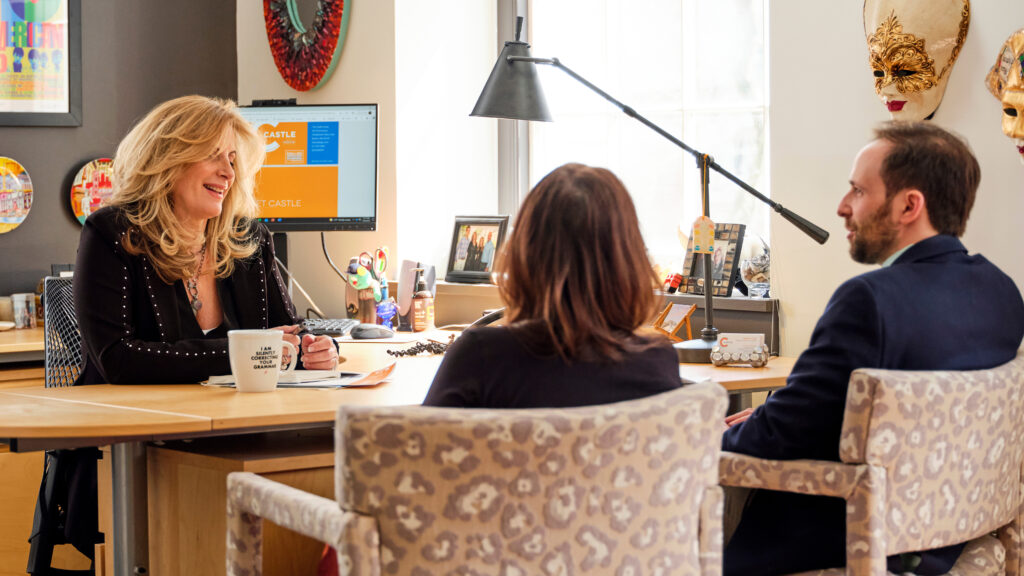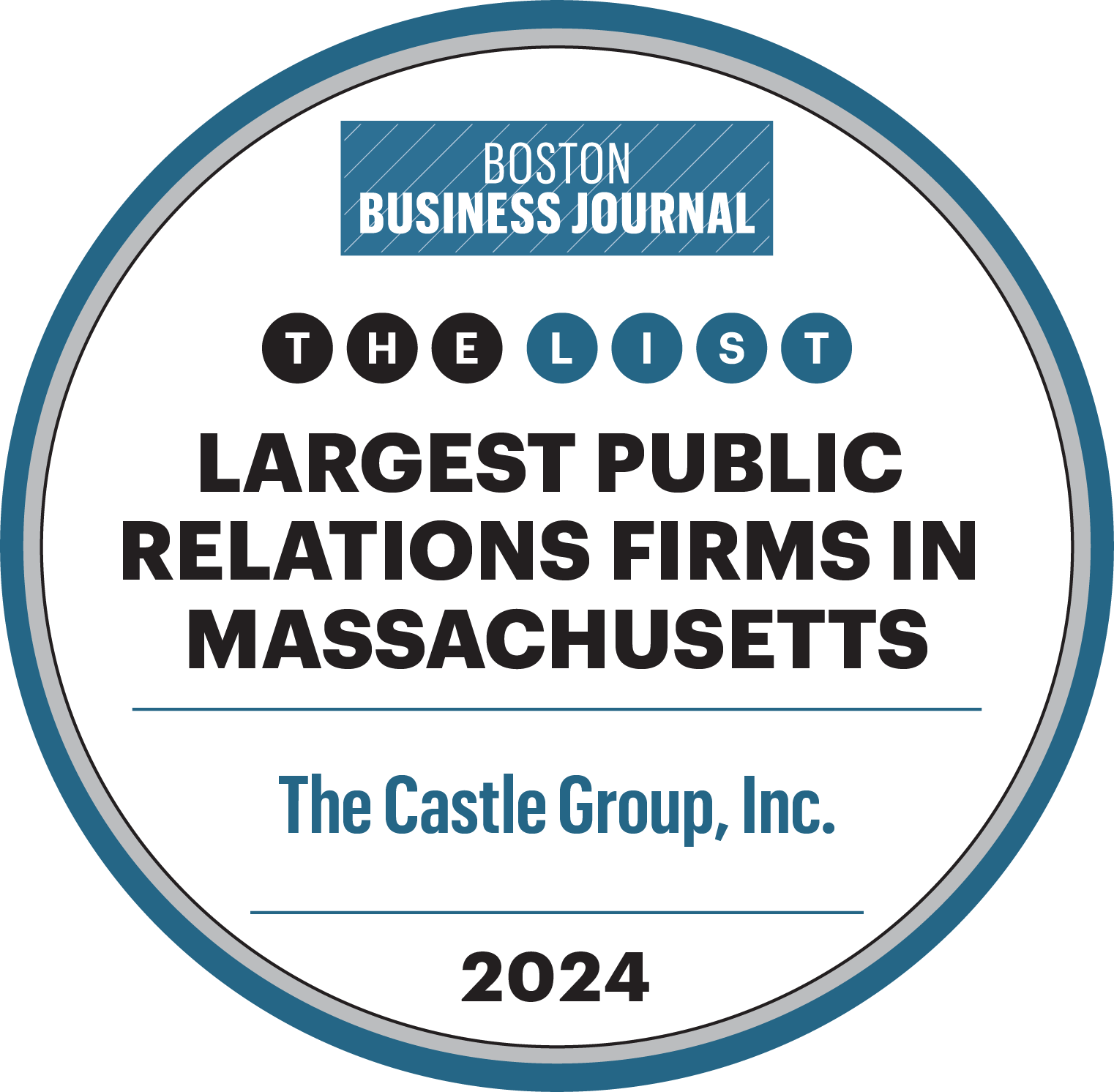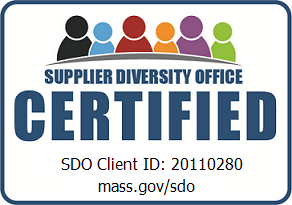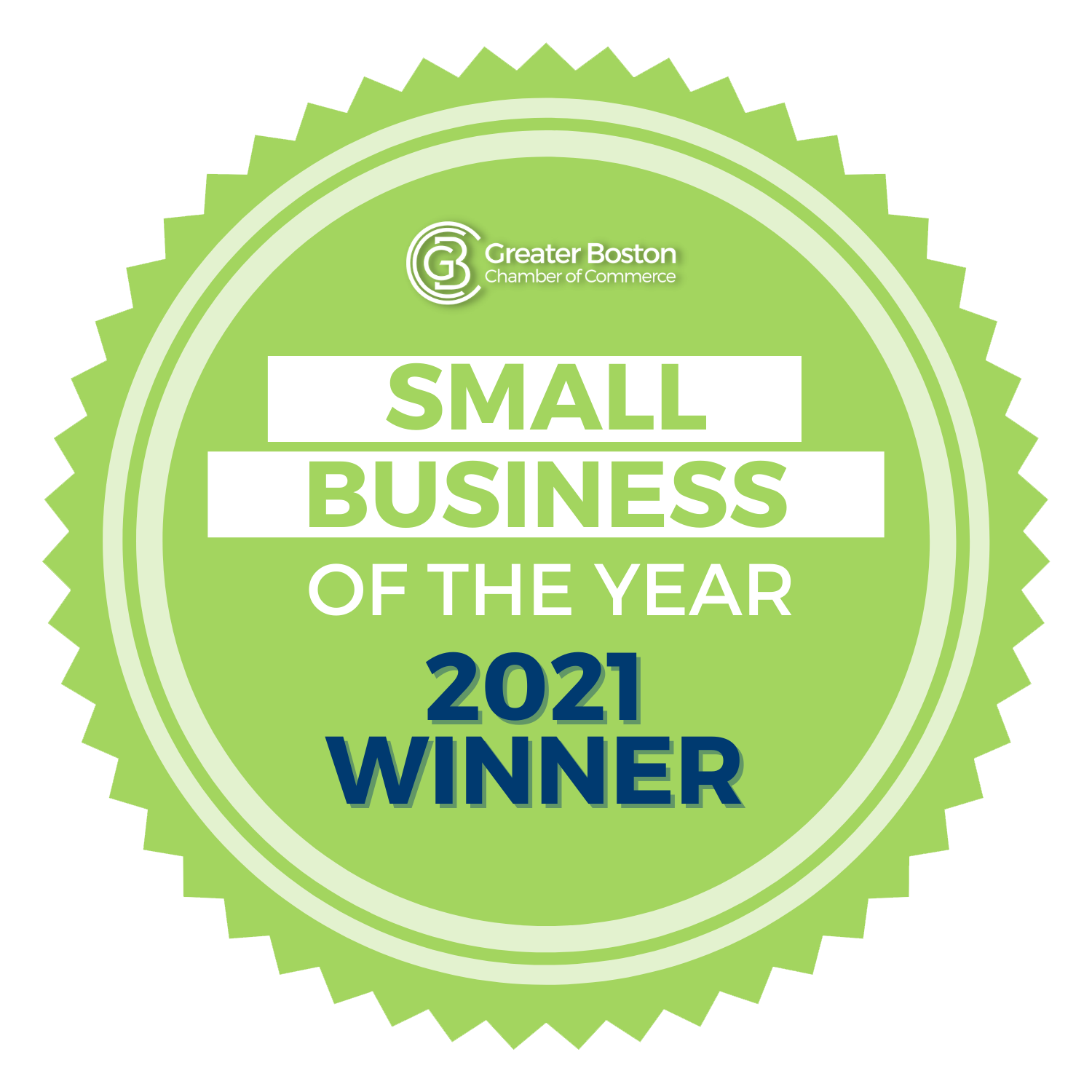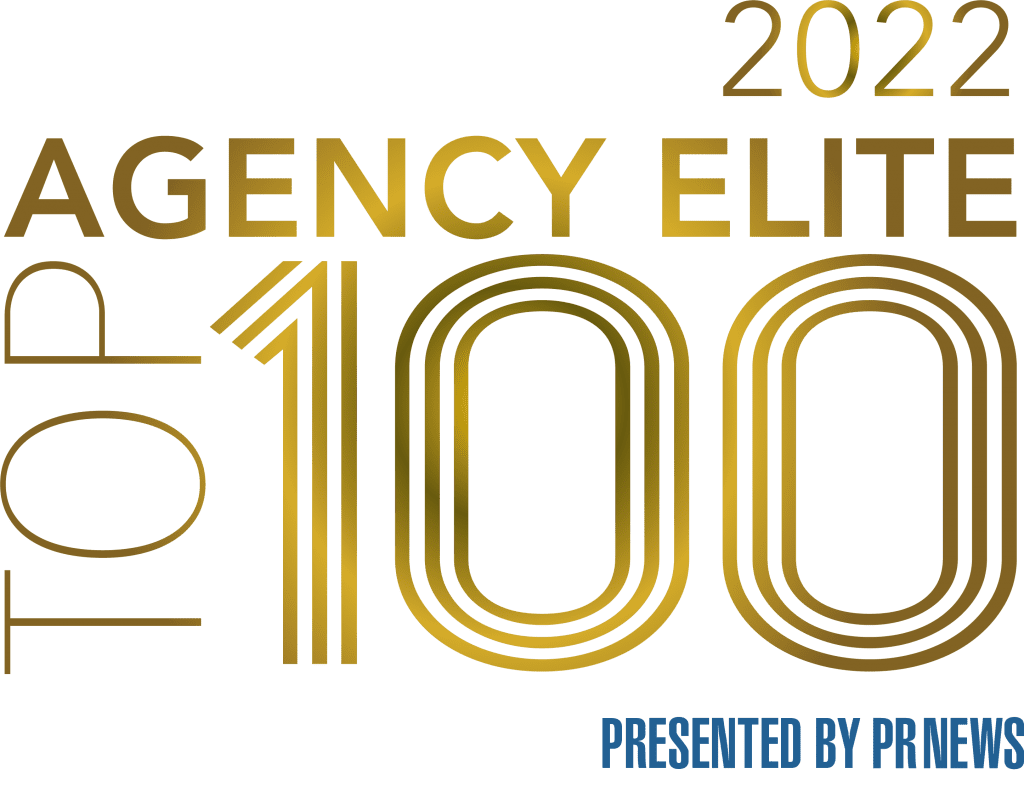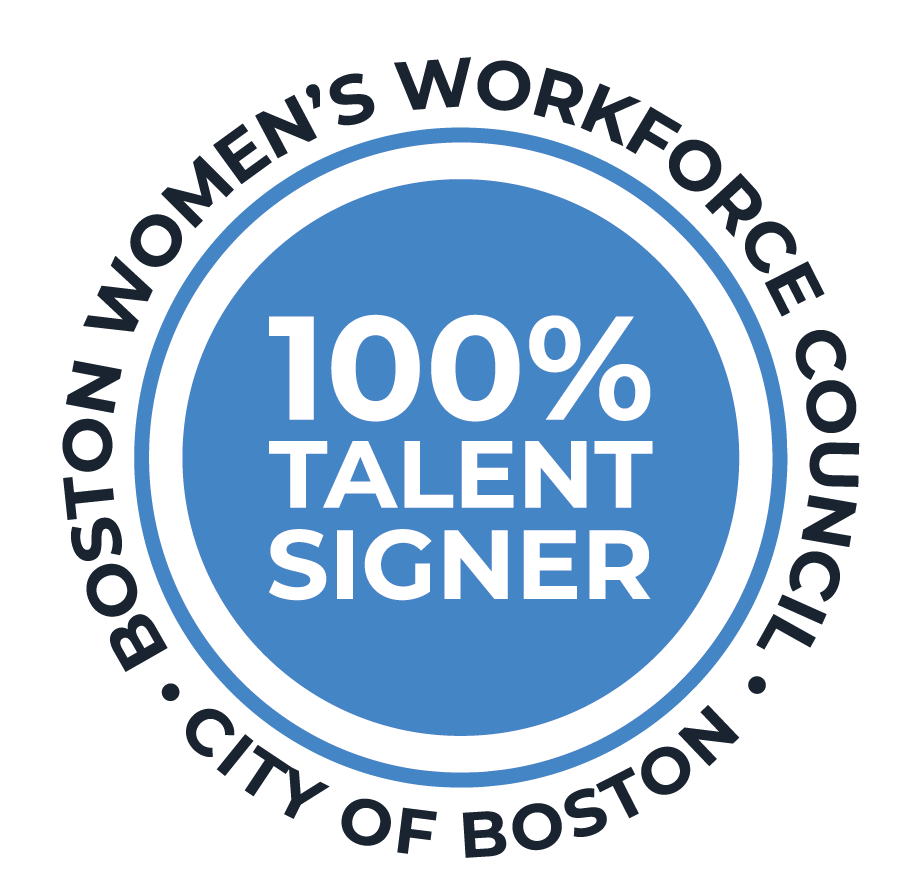In the last of our conversations with Castle’s COVID-19 Crisis Response Task Force medical expert Dr. Michael R. Jaff, we discuss our present and future situation with COVID-19. Adapting to a world of social distancing and quarantine can take a toll on everyone’s mental health and certainly makes us look forward to some sort of normalcy.

The Castle Group: Does “social distancing” work?
Dr. Michael R. Jaff: Yes, there does appear to be a direct beneficial effect of social distancing and reduction of the spread of COVID-19. Recent studies have looked at parts of the United States that have been hit the hardest – Washington, New York, New Jersey, Florida – to track the number of cases in a population to the events in that region, including when the city went on lock down, when restaurants and schools closed, when sheltering in place orders started, etc. There’s an amazing correlation between the reduction of febrile illnesses and those precautions.
TCG: Will COVID 19 go away in the spring/summer like the regular flu?
MJ: Time will tell. This is a never-before-seen virus and it’s only the beginning of April. There is no doubt that if it acts like a seasonal virus, yes it will decrease in activity in warmer weather, but may return with a vengeance in the fall and winter. During the spring and summer, wide-spread testing must be more readily available as well as restocking hospitals and healthcare facilities with personal protective equipment (PPE).
TCG: When will life get back to normal?
MJ: My crystal ball isn’t any clearer than anyone else’s. It’s hard to believe that on May 1, everything will completely go back to normal. I think it’s going to come in waves, a little bit at a time until we get an effective vaccine and treatment.
It is likely that with the expansion of testing, and hopefully the warm weather slowing down the virus, regions of the country will get closer to returning to some form of work and life outside the home. However, I believe there will be new rules to prevent direct or close contact. People will be able to go back to work but handshakes will be limited and more distance between desks. Restaurants and bars will reopen but may also re-organize how close tables are to each other. Events that draw thousands of people are likely not to come back as quickly. Various parts of the country will constantly re-evaluate how to move past this difficult time.
TCG: How can individuals cope with the emotional toll social distancing has on our mental health?
MJ: The fact that we don’t know a lot of answers to questions right now makes this extremely scary for most people and can cause a lot of stress and anxiety. It’s critical to take some time for yourself and keep the following in mind:
- Recognize that it is completely normal to be stressed out and feel down
- Take a break from what you’re doing and take a deep breath, whether that means listening to your favorite music, reading your favorite book, watching an episode of your favorite show, or simply meditating – whatever it takes to reset you in the moment
- Force yourself to put negative thoughts out of your mind and think about the positive – take it day by day, cherish the moments you have with whomever you’re quarantined with and find a way to thank yourself for all the great things you have
Emotions can take over – and it can be difficult to process what’s out of our control, but we must stick together, make the most out of an unusual situation and acknowledge that we will get through it.
For more information on our COVID-19 Task Force, visit /covid-19-crisis-response-task-force/ or connect directly with Sandy Lish (slish@thecastlegrp.com) or Philip Hauserman (pthauserman@thecastlegrp.com).


